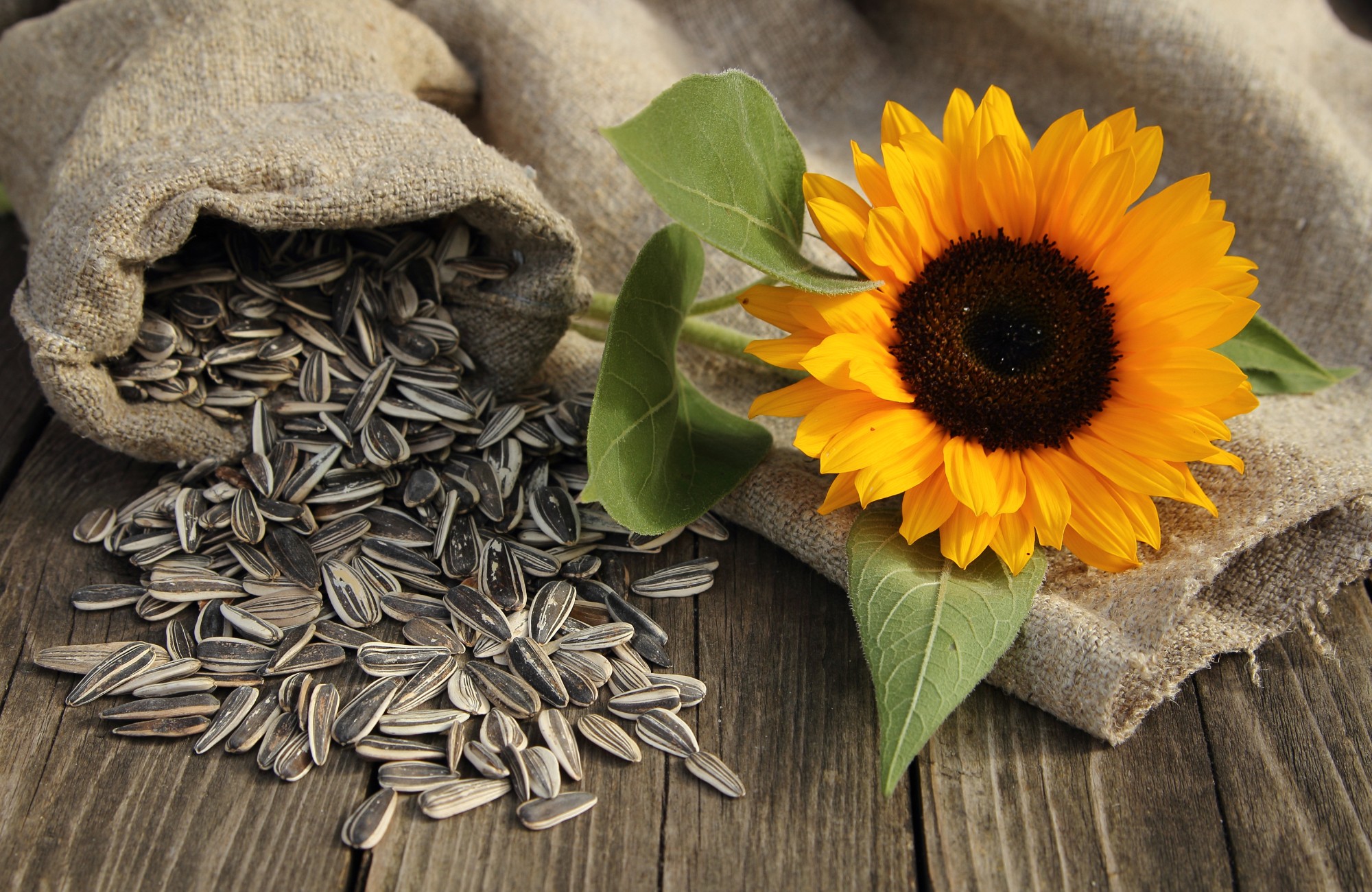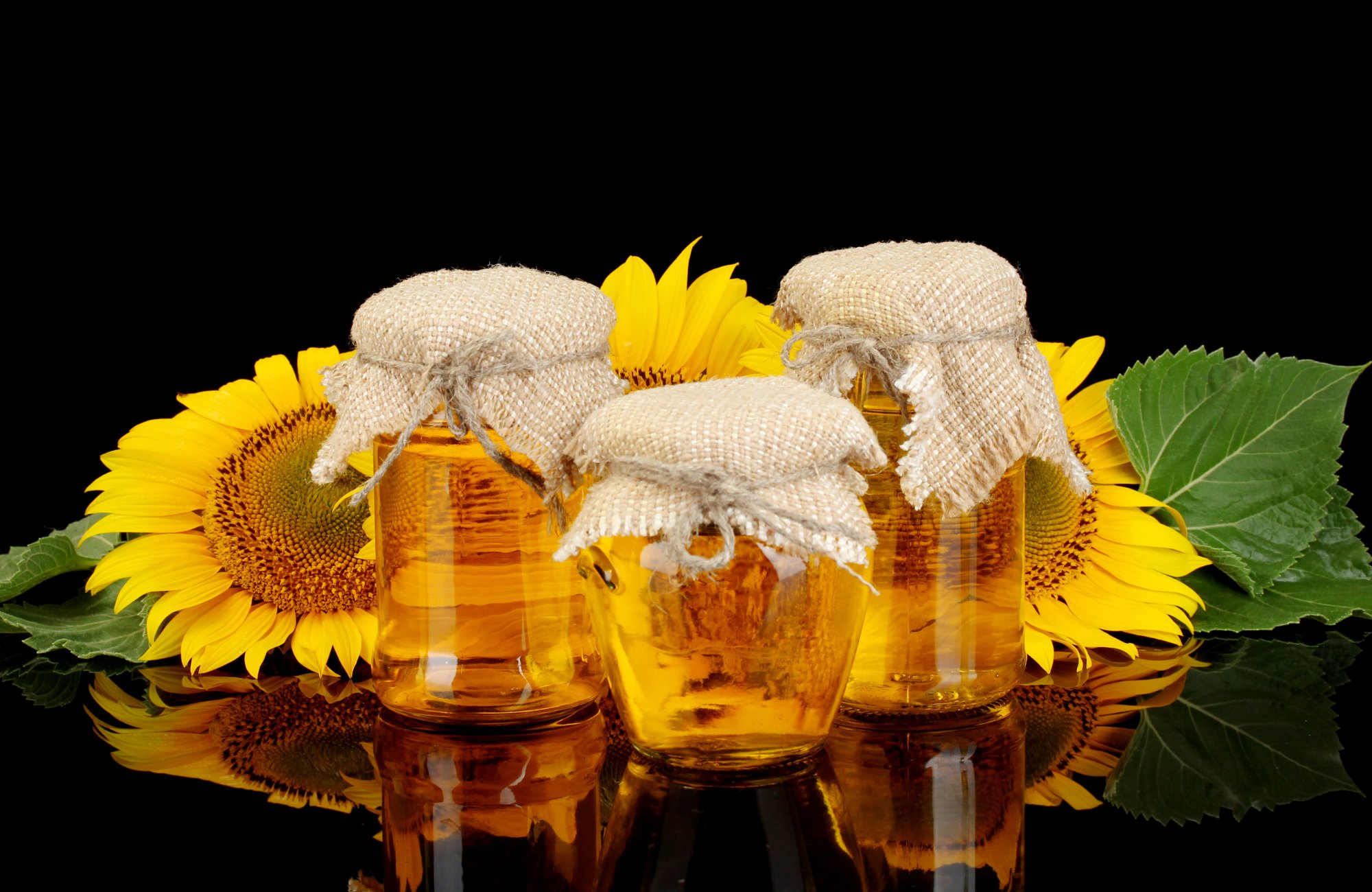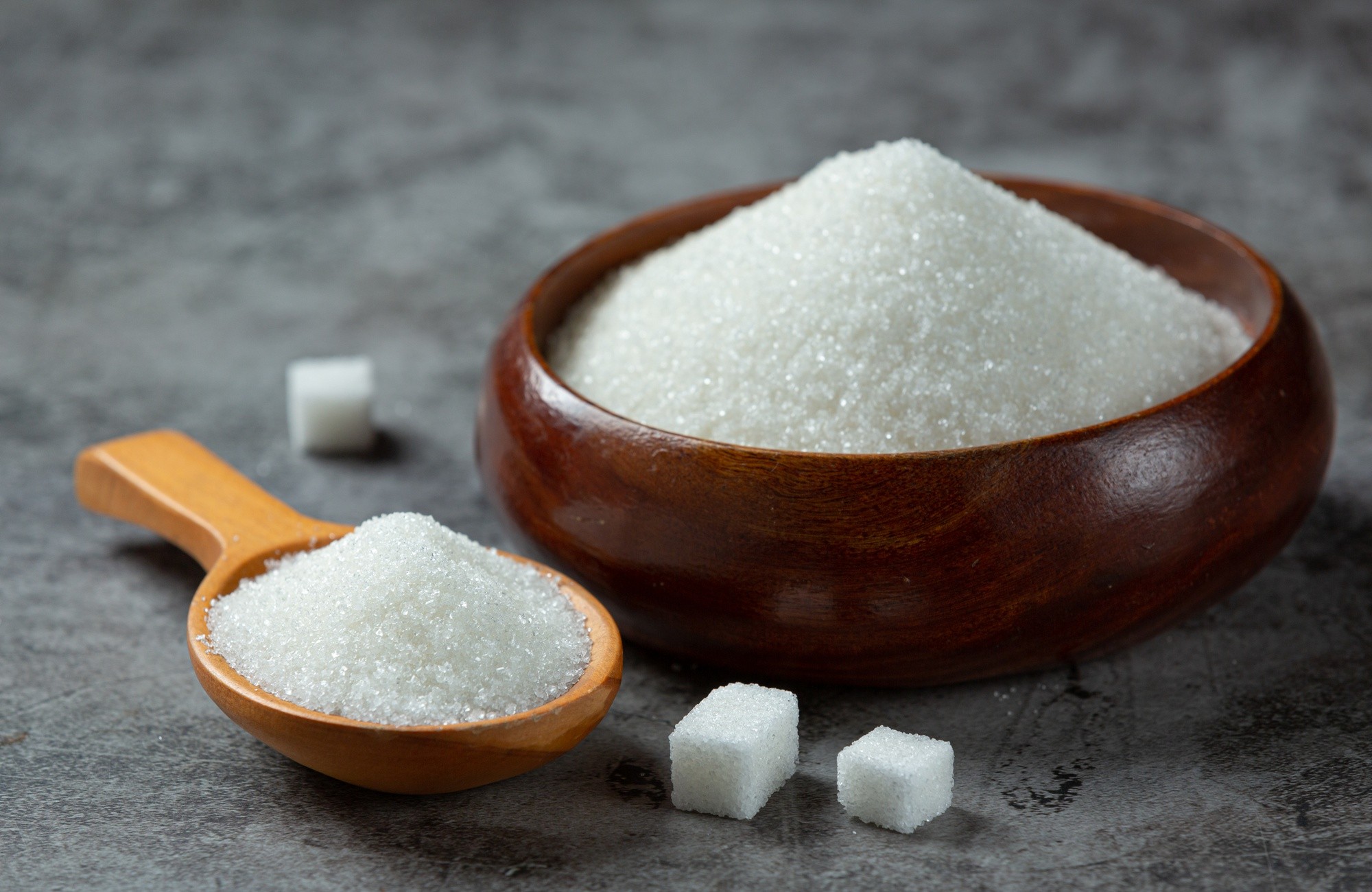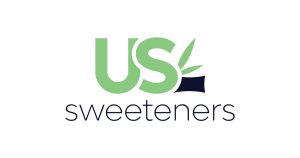
Ever watched someone at a baseball game expertly crack sunflower seeds, extracting the tiny kernels while effortlessly spitting out the shells? It’s almost an art form. But as you observe this skilled maneuver, you might wonder: Can you eat sunflower seed shells? This seemingly simple question deserves a thorough answer, as many snackers have contemplated whether those crunchy outer casings could just be consumed along with the delicious kernels inside.
The short answer is no, sunflower seed shells should not be eaten. While technically not toxic, these tough outer coverings pose several health risks when consumed. Let’s dive deeper into why these shells are best left out of your digestive system and explore everything you need to know about properly enjoying this popular snack.
What are Sunflower Seeds?
Sunflower seeds develop in the center of the sunflower plant and are harvested once the flower dries. Each seed has a tough, striped shell and a soft, tan-colored kernel, the edible part packed with flavor and nutrients. There are two main types: black oil seeds, smaller and high in oil for bird feed and oil production, and larger striped seeds, typically grown for human consumption.
Can You Eat Sunflower Seed Shells?
No, you should not eat sunflower seed shells. While they aren’t toxic, they’re not designed for human consumption. The National Sunflower Association explicitly advises against eating the shells, warning that they can cause damage to your digestive tract.
What makes these shells problematic is their composition. Human digestive systems cannot break down the lignin and cellulose that make up sunflower seed shells. These plant fibers pass through our digestive systems largely intact, and that’s where the problems begin.
Nutritionists and gastroenterologists agree that consuming sunflower seed shells offers no nutritional benefit while presenting several potential health risks. The human digestive system simply isn’t designed to process these tough, fibrous coverings.
Health Risks of Eating Sunflower Seed Shells
Consuming sunflower seed shells can lead to several health complications:
- Choking Hazard: Sunflower shells are sharp and tough, making them hard to chew properly. If swallowed whole or in large pieces, they can easily get lodged in your throat and cause choking.
- Digestive Tract Damage: The rough, jagged edges of the shells can scratch or puncture the lining of your esophagus, stomach, or intestines, potentially leading to irritation, pain, or internal inflammation.
- Bezoar Formation: When consumed in large amounts, undigested shells can clump together in the stomach or intestines, forming a mass called a bezoar that may block the normal flow of food.
- Intestinal Blockage: A buildup of shells in the digestive tract can lead to a painful blockage, causing symptoms like severe cramping, bloating, and difficulty passing stool, which may require medical treatment.
- Constipation: Since sunflower seed shells are not digestible, they can accumulate in the gut and slow down bowel movements, leading to constipation and abdominal discomfort.
Medical case studies have documented instances where consuming large quantities of sunflower seed shells required surgical intervention to remove blockages. One particularly concerning aspect is that the sharp edges of broken shells can potentially attach to or puncture the lining of your digestive tract, causing pain and inflammation.
What Happens If You Accidentally Eat Sunflower Seed Shells?
If you’ve accidentally swallowed a few sunflower seed shell fragments, there’s usually no need to worry. Small amounts typically pass through your system without serious issues, though you might feel some mild discomfort.
However, watch for symptoms like persistent abdominal pain, constipation lasting more than a couple of days, blood in your stool, severe discomfort while passing stool, or nausea and vomiting. If any of these occur, consult a healthcare professional, as they could signal irritation or a possible blockage.
The Nutritional Value of Sunflower Seed Kernels
While sunflower seed shells should be avoided, the kernels inside are packed with nutrition and worth enjoying. Just one ounce (28g) delivers 165 calories, 5g of protein, 14g of healthy fats, and a rich mix of vitamins and minerals like vitamin E, selenium, phosphorus, and folate.
Most of the fat comes from heart-healthy unsaturated fats, including linoleic acid, an essential omega-6 that supports brain function and cell health. Sunflower kernels are especially rich in vitamin E, providing over a third of your daily needs in just one serving, which acts as a powerful antioxidant that helps protect your cells from damage.
Health Benefits of Eating Sunflower Seed Kernels
The nutritional profile of sunflower seed kernels translates into several potential health benefits:
- Heart Health Support: The healthy fats, fiber, and plant compounds in sunflower seeds may help reduce cholesterol levels and lower heart disease risk.
- Antioxidant Protection: The high vitamin E content helps combat oxidative stress, potentially reducing inflammation throughout the body.
- Blood Sugar Regulation: The balanced combination of protein, fat, and fiber helps maintain steady blood sugar levels.
- Anti-inflammatory Properties: Several compounds in sunflower seeds have demonstrated anti-inflammatory effects in research studies.
- Immune System Support: The zinc and selenium content contribute to proper immune function.
The phytosterols found in sunflower seeds have been specifically linked to cholesterol reduction, making them a heart-healthy snacking option.
How to Properly Eat Sunflower Seeds
Mastering the technique of eating sunflower seeds takes a bit of practice, but is well worth the effort. Here’s the traditional method:
- Place a small handful of unshelled seeds in your mouth (on one side)
- Use your tongue to move one seed at a time between your molars
- Gently bite down to crack the shell
- Use your tongue to separate the kernel from the shell
- Eat the kernel and collect the shell in your cheek
- Discreetly spit out the shell (ideally into a container)
For beginners, this coordination can be challenging. Many newcomers find it easier to start by cracking individual seeds with their front teeth before working up to the more advanced technique.
Creative Uses for Discarded Shells
Instead of simply throwing away sunflower seed shells, consider these environmentally friendly alternatives:
- Garden Mulch: Sunflower seed shells make excellent mulch that helps retain soil moisture, prevents weed growth, and slowly decomposes over time, enriching the soil with organic matter.
- Compost Material: The shells can be added to your compost pile as a carbon-rich “brown” material, balancing out nitrogen-heavy “greens” like food scraps and grass clippings to support healthy decomposition.
- Tea Substitute: You can lightly toast the shells, grind them, and steep in hot water to create a warm, nutty-flavored beverage that offers a sustainable way to repurpose waste.
- Fire Starter: Once dried, the fibrous shells are highly flammable and can serve as an effective natural kindling for fireplaces, wood stoves, or campfires.
- Bird Feed Filler: Mix the shells with other seed varieties to bulk up outdoor bird feeders, offering birds additional foraging texture and helping reduce food waste.
These practical applications help reduce waste while making the most of every part of the sunflower seed.
Conclusion
Sunflower seeds are a nutrient-packed snack, but it’s important to enjoy them the right way by eating only the inner kernel and discarding the shell. While the shells may seem harmless, they pose real health risks, from digestive discomfort to potential blockages. The good news is that the edible part of the seed is not only safe but also rich in healthy fats, protein, vitamins, and minerals that support your heart, immune system, and overall wellness.
Ready to stock up on quality sunflower seeds at unbeatable prices? Whether you’re a snack lover, baker, or business owner, US Sweeteners has the seeds you need—fresh, flavorful, and ready to ship. Have questions or need a bulk quote? Contact us today and let our team help you get exactly what you’re looking for.
FAQs
Is it safe to eat the shells of sunflower seeds?
No, it’s not safe to eat sunflower seed shells. While they’re not toxic, these hard shells are made of indigestible fibers (lignin and cellulose) that can cause digestive tract damage, intestinal blockages, or bowel impaction due to their sharp edges and inability to be broken down by human digestive enzymes.
What are the side effects of eating sunflower seeds?
When eaten in moderation, shelled sunflower seeds (kernels) have minimal side effects, though excessive consumption may lead to weight gain due to their caloric density. However, consuming the shells can cause throat irritation, digestive discomfort, constipation, intestinal scratching from sharp edges, or, in severe cases, blockages requiring medical intervention.
Are sunflower seeds better shelled or unshelled?
Nutritionally, there’s no difference between pre-shelled and unshelled sunflower seeds, as the nutrients are in the kernel either way. Unshelled seeds may be more economical and stay fresh longer, while shelled seeds offer convenience and immediate enjoyment without the hassle of shell disposal, similar to how pumpkin seeds are also available both ways.
Can you eat the whole sunflower head?
No, you cannot eat the entire sunflower head. While the immature flower buds can be prepared similarly to artichokes when very young, mature sunflower heads contain too much fibrous material to be edible – only the seeds are meant for human consumption, not the woody receptacle or tough bracts of the mature flower head.



Leave a Reply